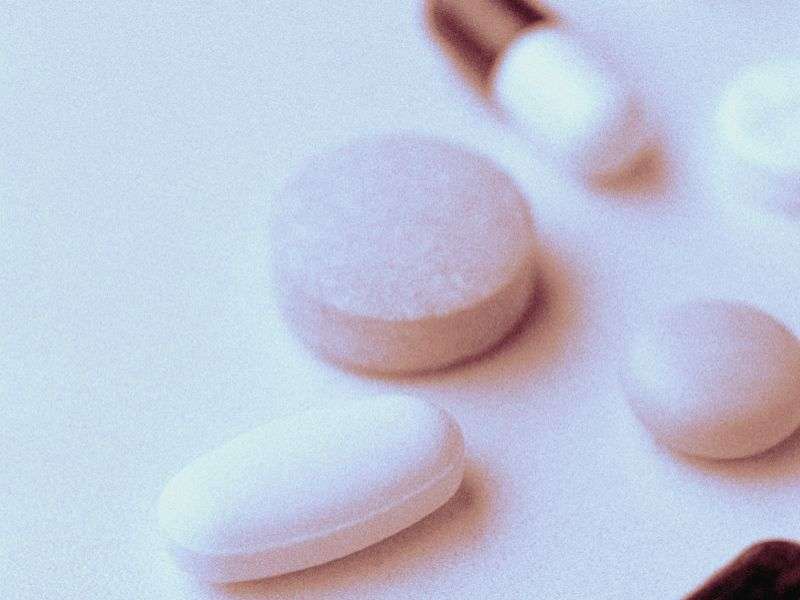(HealthDay)—For patients with type 2 diabetes, novel oral glucose lowering drugs (GLDs) are associated with reduced risks of all-cause mortality, cardiovascular disease (CVD), and hypoglycemia, compared with insulin use, according to a study published online Jan. 24 in Diabetes, Obesity and Metabolism.
Thomas Nyström, M.D., from Karolinska Institutet in Stockholm, and colleagues compared use of novel oral GLDs (either dipeptidyl-peptidase-4 inhibitors [DPP-4i] or sodium glucose cotransporter-2 inhibitors) with insulin treatment in a propensity score matched analysis involving 21,758 patients matched in a 1:1 ratio.
The researchers observed reductions in the risk of all-cause mortality, CVD, and hypoglycemia in the novel GLD group versus the insulin group (hazard ratios [HRs], 0.56 [95 percent confidence interval (CI), 0.49 to 0.64], 0.85 [95 percent CI, 0.73 to 0.99], and 0.26 [95 percent CI, 0.12 to 0.57], respectively). Dapagliflozin correlated with lower risks of all-cause mortality and CVD (HRs, 0.44 [95 percent CI, 0.28 to 0.70] and 0.51 [95 percent CI, 0.30 to 0.86], respectively), while DPP-4i correlated with reduced risk of all-cause mortality (HR, 0.59 [95 percent CI, 0.51 to 0.67]) but not CVD (HR, 0.87 [95 percent CI, 0.75 to 1.01]).
"Dapagliflozin was associated with lower risk of both all-cause mortality and CVD, whereas DPP-4i was only associated with lower risk of all-cause mortality," the authors write.
Several authors disclosed financial ties to the pharmaceutical industry.
More information: Full Text (subscription or payment may be required)
Copyright © 2017 HealthDay. All rights reserved.























